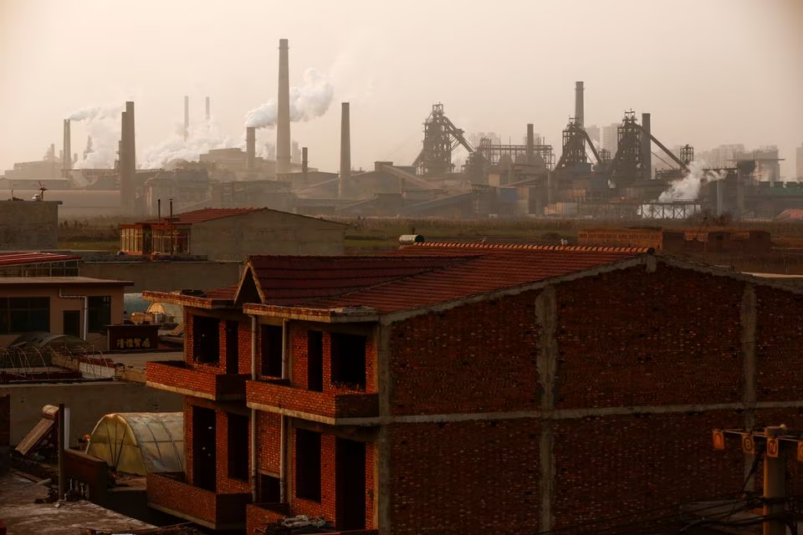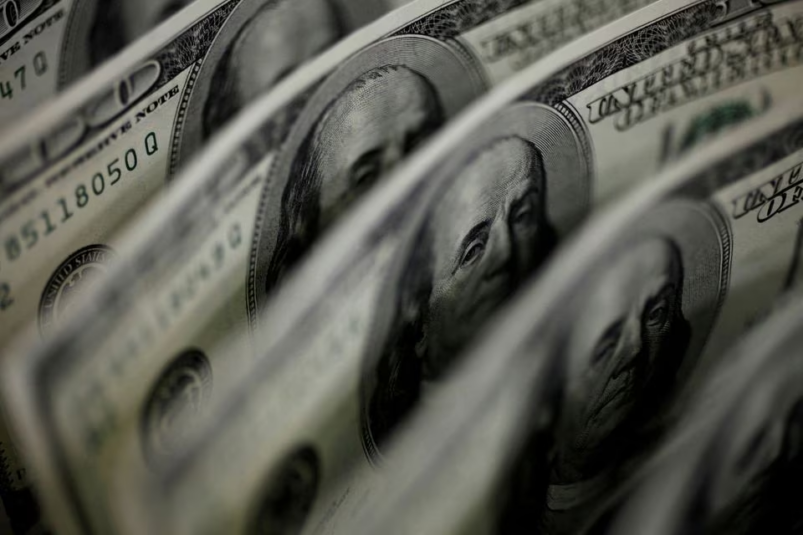Gold Repatriating In Wake Of Sanctions Against Russia
An increasing number of countries are repatriating gold reserves as protection against the sort of sanctions imposed by the West on Russia, according to an Invesco survey of central bank and sovereign wealth funds.
Oil Eases Ahead While OPEC+ Cuts Support
Oil prices dipped in early Asian trade as investors tread cautiously ahead of fresh economic data from top consumers while expected crude supply cuts from Saudi Arabia and Russia supported the market.
Canadian Port Strike Negotiations Resume
Talks in Pacific Canada between striking dock workers and their employers have resumed after four days away from the negotiation table, a statement on Saturday by the British Columbia Maritime Employers Association (BCMEA) showed.
Today’s News
China takes center stage again as its recent data has indicated that inflation has once again driven it to the ropes. With growth slowing and inflation setting in, it does not come as a surprise that China’s stocks, bonds and currency itself would seem a little glum.
At its current state, China’s central bank and government are tasked to reflate the economy. Chinese banking stocks, measured by the Hong Kong-listed Hang Seng Mainland Banks Index (HSMBI), plunged 10.5% last week. That was the index’s biggest fall in five years and third steepest since it was launched in 2011.
China’s post-lockdown economy has been in still water relative to consensus forecasts, Citi’s Chinese economic surprises index has now fallen 11 weeks in a row, marking the longest stretch of underperformance since 2010.
Other reports include:
Post-Lockdown Groove Catches Up
A clutch of key economic data releases showing whether China is starting to emerge from its post-lockdown groove, and monetary policy decisions – and more importantly, guidance – from New Zealand and South Korea will be the main regional drivers for Asian markets this week.

These come against a slight but potentially significant deterioration in risk appetite as investors grapple with even higher global borrowing costs – most notably U.S. and U.K. bond yields – and simmering U.S.-Sino trade tensions.
Asian markets continue to underperform with MSCI’s broad Asia ex-Japan index shed 1.5% last week. This marks its third consecutive week without rising, leaving it flat for the year. The MSCI World index is up 11% year to date.
Factory Gate Experiences Steepest Fall In 7 Years
China’s factory gate prices fell at the fastest pace in over seven-and-a-half years in June and missed expectations, while consumer prices were unchanged, as a faltering post-COVID recovery weighed on demand.

The producer price index (PPI) fell for a ninth consecutive month, down 5.4% from a year earlier, marking the steepest decline since December 2015. That compared with a 4.6% drop the previous month, and a forecast for a 5.0% fall.
Dollar Softens As China Takes The Stage
The dollar was on the back foot after a miss in U.S. jobs data scaled back market expectations on how much further the Federal Reserve would need to raise rates, while focus in the Asia day was on China’s inflation data release.

The U.S. economy added 209,000 jobs last month, data on Friday showed, marking the smallest increase in 2-1/2 years and the first time in 15 months that payrolls missed expectations.



